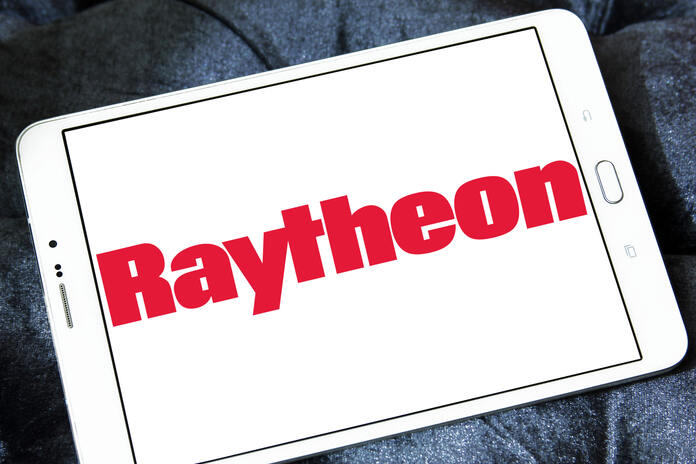Raytheon Technologies Corporation (NYSE:RTX) reported adjusted earnings per share (EPS) of $1.29 in the second quarter of 2023, exceeding the Consensus Estimate of $1.17 by 10.3%. The company’s bottom line improved as well, up 11% from the previous quarter’s level of $1.16. Including one-time adjustments, the company reported GAAP earnings per share of 90 cents, up from 88 cents the previous year. Despite the positive findings, Raytheon’s shares fell 13% on Tuesday.
Raytheon Technologies reported second-quarter sales of $18,315 million, a 4.4% increase over the Consensus Estimate of $17,543 million. The result also reflects a 12.3% rise over the previous year’s figure of $16,314 million.
Total costs and expenses for the quarter rose 12.7% year on year to $16,882 million. The company’s operational profit was $1,458 million, up from $1,353 million the previous year.
Performance by Segment
Collins Aerospace: Sales in this area increased 17% year on year to $5,850 million. Higher commercial aftermarket and commercial OEM sales, driven by robust demand across commercial aerospace end markets, can be ascribed to the increase. This segment’s rise was also aided by an increase in military sales, which was boosted by greater development volume. The segment’s adjusted operating income was $837 million, up from $617 million in the previous quarter.
Pratt & Whitney: Sales in this category increased by 15% year on year to $5,701 million. The increase was driven by higher shop visit volume and content, as well as higher engine deliveries and a favorable mix across both Large Commercial Engines and Pratt & Whitney Canada units. This segment’s adjusted operating profit was $436 million, up from $303 million in the previous quarter. Higher commercial aftermarket sales and a favorable big commercial OEM mix drove the increase.
Raytheon Intelligence & Space: This segment’s second-quarter revenues were $3,655 million, a 2% increase year over year, driven by greater sales from the Sensing and Effects and Cyber and Services projects. This segment’s adjusted operating profit was $297 million, a 6% decrease from the $315 million achieved in the same period in 2022.
Raytheon Missiles & Defense: Sales were $4,000 million, up 12% year on year. Higher sales volume from Air Power, Advanced Technology, and Land Warfare & Air Defense programs drove this increase. The segment posted an adjusted operating profit of $427 million, a 23% increase over the previous year.
Financial Report
Raytheon Technologies had $5,391 million in cash and cash equivalents as of June 30, 2023, compared to $6,220 million as of December 31, 2022. As of June 30, 2023, long-term debt stood at $32,723 million, up from $30,694 million as of December 31, 2022. Net cash outflow from operational activities was $144 million as of June 30, 2023, compared to $1,762 million in the second quarter of 2022. At the end of the reported quarter, the company’s free cash outflow was $1,190 million, compared to an inflow of $844 million in the second quarter of 2022.
Guidance
Raytheon Technologies has revised its financial projections for 2023. The business expects adjusted earnings per share to be in the $4.95 to $5.05 range, up from $4.90 to $5.05. The consensus estimate for RTX’s 2023 EPS is $5.01, which is higher than the company’s recommended range.
Raytheon Technologies has also increased its revenue outlook from $73 billion to $74 billion, up from $72 billion to $73 billion previously. The consensus estimate for revenue is $72.20 billion, which is less than the company’s forecast midpoint.
RTX currently plans to earn $4.3 billion in free cash flow, down from $4.8 billion previously predicted.
Raytheon Stock Performance
Raytheon stock is down 16.5% year to date, while the S&P 500 is up 19.5%.
Featured Image: Megapixl















